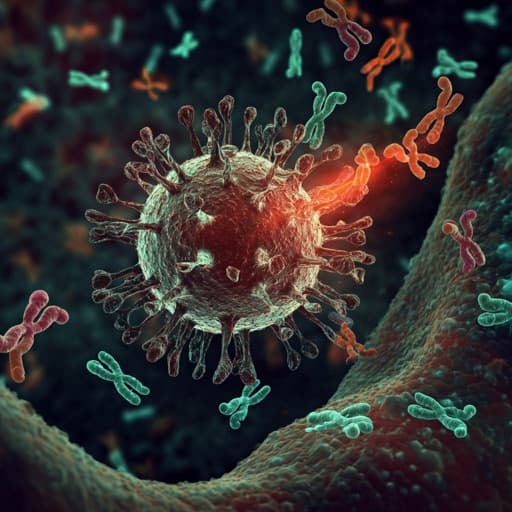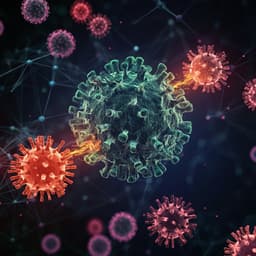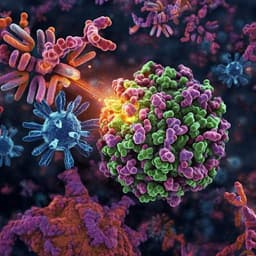
Biology
Humoral and T Cell Immune Responses against SARS-CoV-2 after Primary and Homologous or Heterologous Booster Vaccinations and Breakthrough Infection: A Longitudinal Cohort Study in Malaysia
J. Y. L. Fu, M. H. Pukhari, et al.
A groundbreaking study conducted by J Y L Fu and colleagues in Malaysia reveals how both homologous and heterologous COVID-19 booster vaccinations impact immune responses. The research illustrates that vaccinated individuals exhibit robust neutralizing antibodies against SARS-CoV-2 variants, leading to new insights into flexible vaccination strategies.
Related Publications
Explore these studies to deepen your understanding of the subject.







